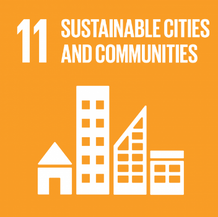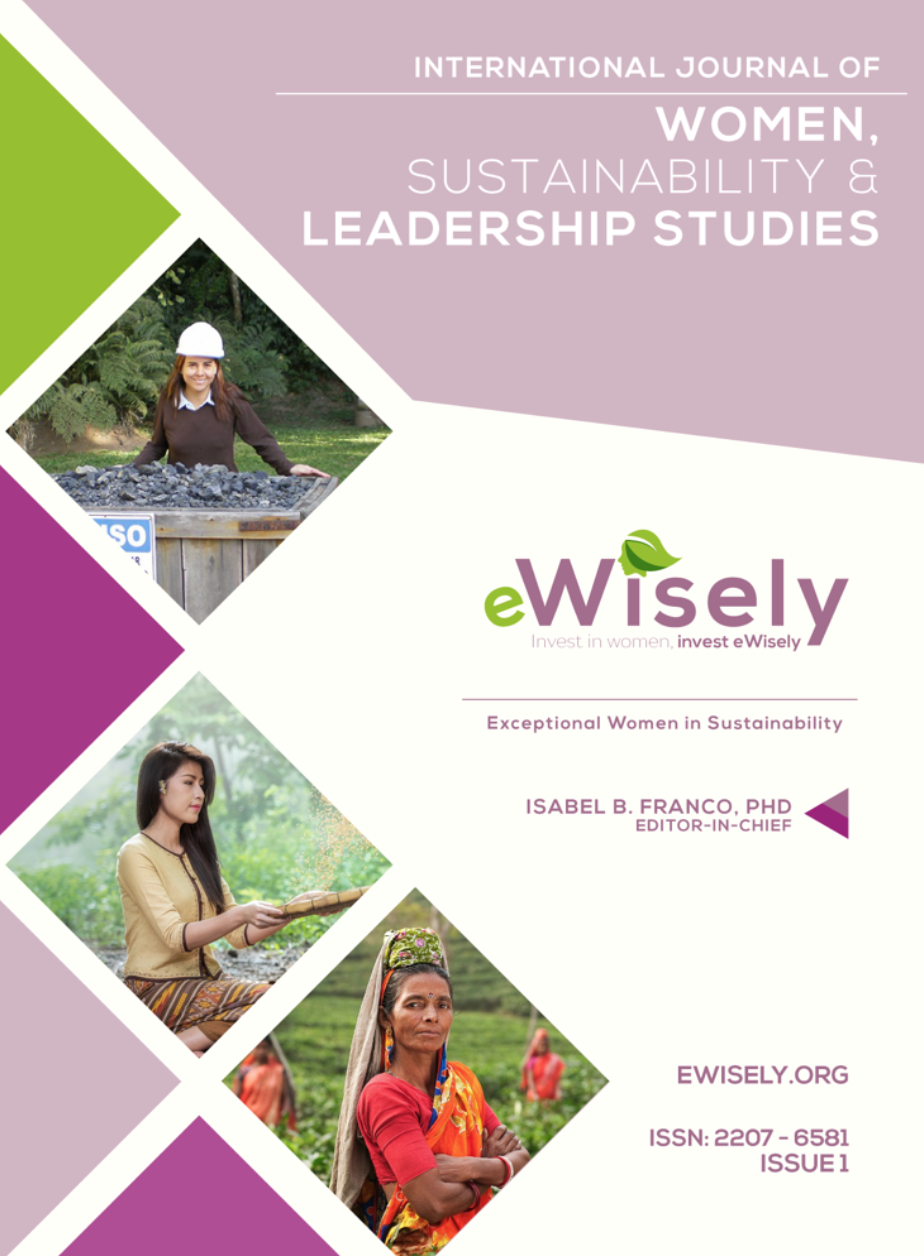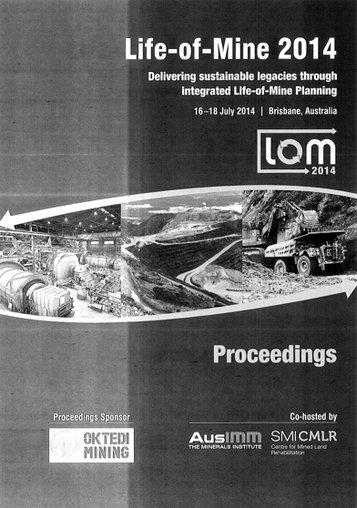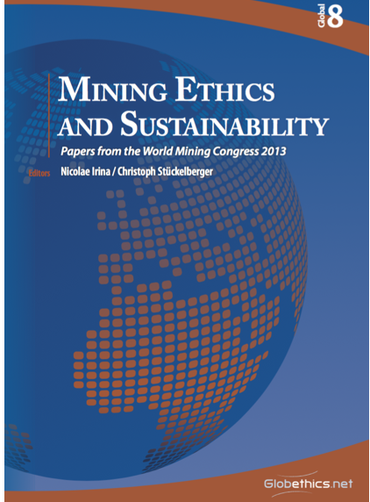Toward a Women-Centric Approach to Sustainability in Resource RegionsParticipant Stakeholders: Research eWisely Lab
Exceptional Women in Sustainability: Isabel B. Franco, Ph.D Senior Sustainability Advisor, eWisely Impact:The world has experienced rapid resource development threatening community livelihoods and human capital assets, particularly those of women. This research explores the linkage between disruptive industries like extractives and lack of sustainable livelihood options for women, which at the present scenario is not only causing productivity losses in extractive enterprises, but is also jeopardizing regional sustainability in resource locations. Research findings presented in this article show that stakeholders are increasingly being tasked with social responsibilities to forge sustainable livelihoods and enhance the human capital of communities, particularly of women. However, they do not know how to respond to emerging sustainability challenges. The paper proposes a strategic women-centric approach to sustainability to help stakeholders integrate women’s livelihoods and human capital assets into the extractive industry or other economic sectors relevant for the local economy. This approach has the potential to foster overall sustainability, particularly in the context of developing resource regions. This piece is based on a qualitative research technique for data analysis and case study research methodology. |
Click on the image to access full document
|
Mine Life Cycle Planning- Creating Lasting Value for Communities
|
Click on the image to access full document
|
Community Capacity Building and a License to Operate in The Mining Industry Participant Stakeholders: Continental Gold mining company, AngloGold Ashanti, Seafields Resources Canadian Exploration Company, Local and State governments of Antioquia and Risaralda, Ministry of Mines of Colombia, AngloAmerican Chile, The University of Queensland and civil society organisations.
Exceptional Women in Sustainability: Isabel B. Franco, Ph.D Senior Sustainability Advisor, eWisely Impact: This project aimed to increase our understanding about existing community capacity-building approaches and their implications for obtaining a social license to operate in the mining industry. The notion of ‘capacity building’ is gaining increasing currency in the mining sector in developing countries, due to the rapidly increasing globalised nature of mining operations. Building a community’s capacity to understand and effectively respond to these transformations is vital for obtaining a social license to operate, as it promotes sustainable and locally relevant development. Accountability mechanisms, such as global norms and international standards, increasingly point to the need to build capacity among stakeholders, particularly among local communities adjacent to mining operations. International frameworks and mining companies have embraced the notion of community capacity-building as a driver to assist corporate social and operational performance. However, this narrow understanding of capacity-building through the prism of corporate social responsibility and ‘best practices’ is preventing the industry from impacting communities meaningfully, and from forging sustainable communities in the regions where it operates. The idea of a social license to operate is being widely embedded across multiple industry sectors, as a social and economic reward from mining companies to compensate communities for natural resource extraction and gain social acceptance. |
Click on the image to access full document
|



